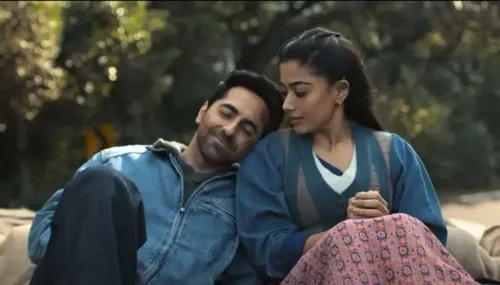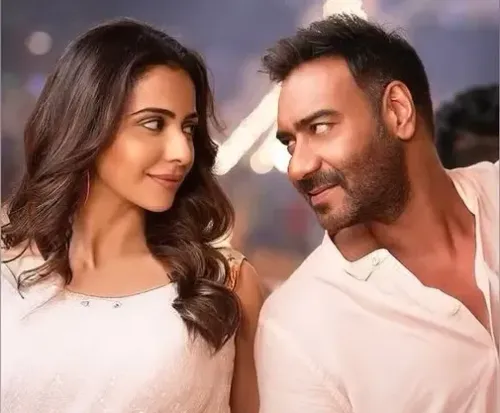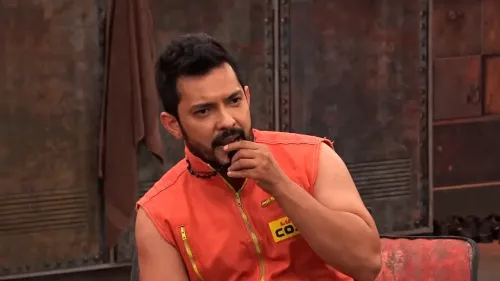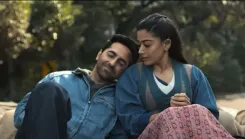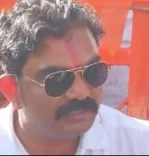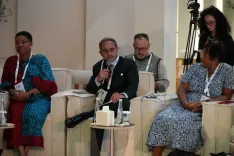How Has Varun Badola Perceived the Evolution of Television Content from the Early 2000s?
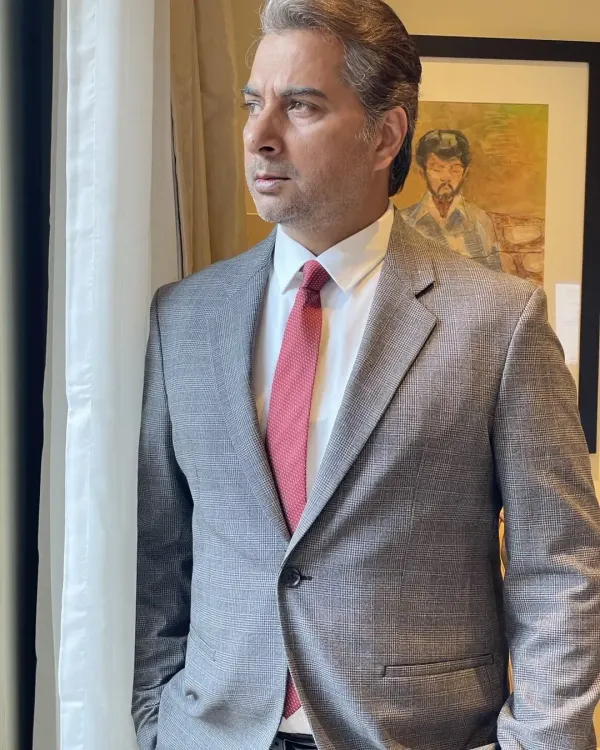
Synopsis
Key Takeaways
- Television storytelling has evolved significantly since the early 2000s.
- Audience preferences now heavily influence content and storylines.
- Producers often alter narratives based on ratings and feedback.
- Varun Badola expresses a desire for more structured storytelling.
- 'Jamnapaar Season 2' promises to tackle new challenges for its characters.
Mumbai, Oct 10 (NationPress) A well-known figure in the television sector, Varun Badola, shared his insights on the transformation of television content from the early 2000s to the present day.
In a candid discussion with IANS, Badola was posed the question, "Having spent significant time in the industry and with many having grown up watching your performances, how do you perceive the changes in television content since the early 2000s?"
He acknowledged that the evolution has been remarkable, stating, "In the past, storytelling was concise, precise, and impactful. Series like Astitva conveyed profound narratives. Nowadays, unfortunately, content tends to be influenced by audience preferences."
Badola noted that networks often adjust plots in response to weekly viewer feedback, which disrupts the storytelling continuity.
"I genuinely wish producers and channels would adhere to their original storylines. Every narrative has its ups and downs — that’s a part of storytelling. However, if you alter plots overnight based on TRPs or audience surveys, the story loses its richness," he remarked.
Fans can look forward to Badola reprising his role as K.D. Bansal in the upcoming second season of the popular series, Jamnapaar.
Expressing his enthusiasm about the show's return, he mentioned that he feels more anxious than excited.
"During the first season, there was a palpable excitement as it was a novel concept — something unique for the viewers. With Jamnapaar Season 2, we return to the same family, but we are now addressing a new set of challenges. There’s certainly pressure, as the first season was a massive hit," he disclosed.
When asked if the prior success had set the bar high, Badola responded, "Absolutely. The feedback was not just positive — it was overwhelming. If memory serves me right, we surpassed a million views within the first month or so. At that point, the second-most viewed show on the platform had less than half of that viewership. Such a scale of response elevates expectations — and yes, it creates anxiety."

